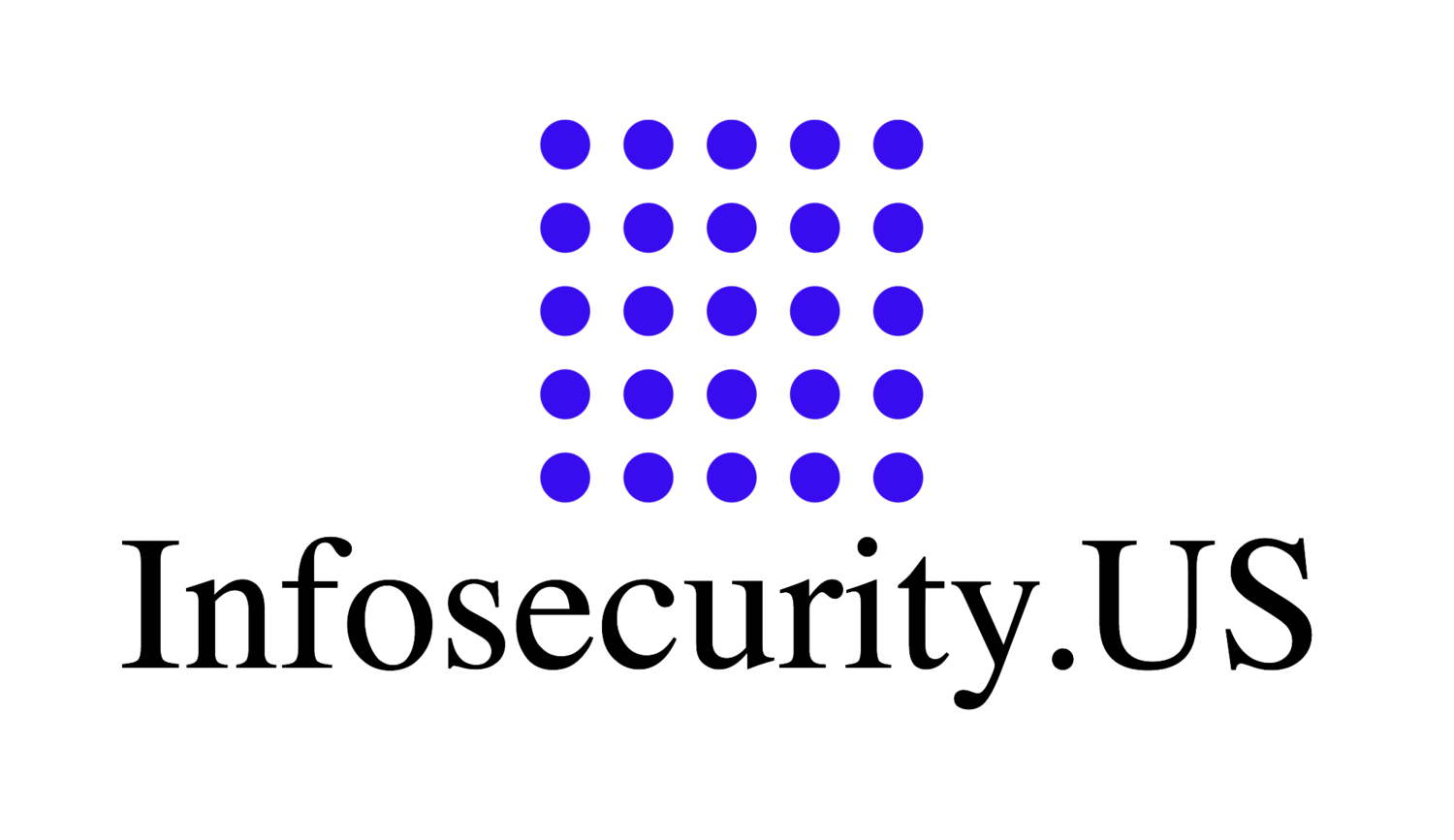PowerHammer, The Mains Exploitation →
A new research paper has attracted my attention at arXiv.org; and from Mordechai Guri, Boris Zadov, Dima Bykhovsky, Yuval Elovici, all from the astonishingly prolific Ben-Gurion University of the Negev, in southern Israel's blooming desert - the Negev. Interestingly, all working in the Cyber-Security Research Center a component - if you will - of the Department of Software and Information Systems Engineering.
This is one of those seemingly easy to grasp, easy to execute (for the right entities, and with the apropos hardware and software exfiltration tools) in which, data may be slurped-up, with minimal invasive telltale artifacts left behind, simply from sampling the modulated goodness of the electrical power connection to the targeted device.
Importantly, this form of attack would be devestating to the target, of which, has essentially no in-built incusion defense watching over the electrical power flow into the machies PDU (other than the usual gatekeeping set up around and amongst whatever payload is being sought (think diretory services, database passwords, API security, tokens, et cetera). Certainly, today's Must Read.


